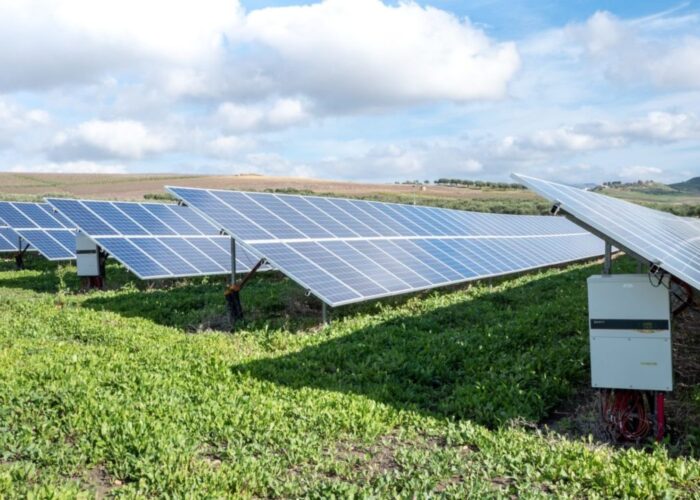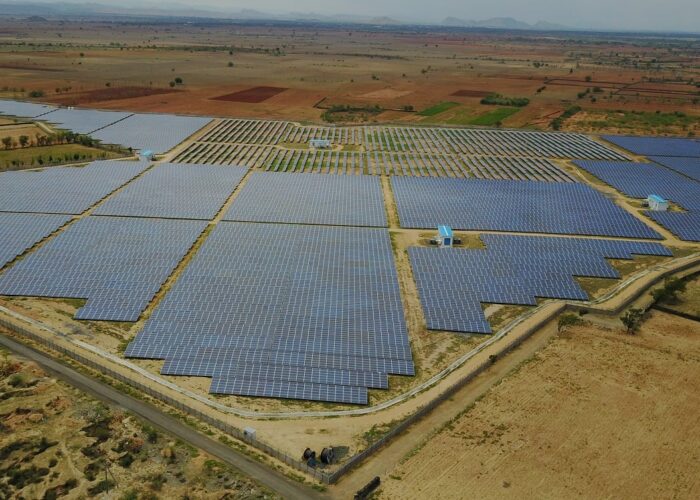
Azure Power overcame module procurement challenges to end its third quarter with 1,987MW of operational solar capacity, a 10% increase year-on-year.
This jump helped the independent power producer post operating revenues of US$48.2 million (+15.6% YoY) for the three months ended 31 December 2020. While the India-based firm recorded a net loss of US$14.9 million due to stock appreciation rights expenses, this was an improvement on the US$18.6 million loss in the year-ago quarter.
Unlock unlimited access for 12 whole months of distinctive global analysis
Photovoltaics International is now included.
- Regular insight and analysis of the industry’s biggest developments
- In-depth interviews with the industry’s leading figures
- Unlimited digital access to the PV Tech Power journal catalogue
- Unlimited digital access to the Photovoltaics International journal catalogue
- Access to more than 1,000 technical papers
- Discounts on Solar Media’s portfolio of events, in-person and virtual
Despite progress developing its pipeline, the company has struggled to source solar modules. It was revealed by COO Murali Subramanian in a conference call with investors that “whilst we have overcome many challenges and the level of construction activity has continued to increase, new supply constraints have arisen.”
He said the firm has been able to navigate delays by leveraging its size and large backlog to secure modules, but nonetheless “getting modules remains a real challenge”.
As of December 2020, Azure’s operating and committed solar capacity is 7,115MW, an increase of 1,815MW year-on-year. The committed capacity includes 4,000MW for which it has received letters of award, but not signed power purchase agreements.
Subramanian said the company has maintained a focus on improving its operations through a range of adjustments. “In this fiscal year, we increased our block sizes, reduced the amount of cable needed by using junction boxes, and designed larger table sizes with reduced spacing,” he said. “We have seen our yields improve as we increase the adoption of string inverters and aluminum cables and implement dry cleaning robots to prevent dust build-up, improving our efficiency.”
He added that the IPP is planning to test the integration of battery storage at some PV plants and is working on development opportunities for solar-plus-wind hybrid projects.







